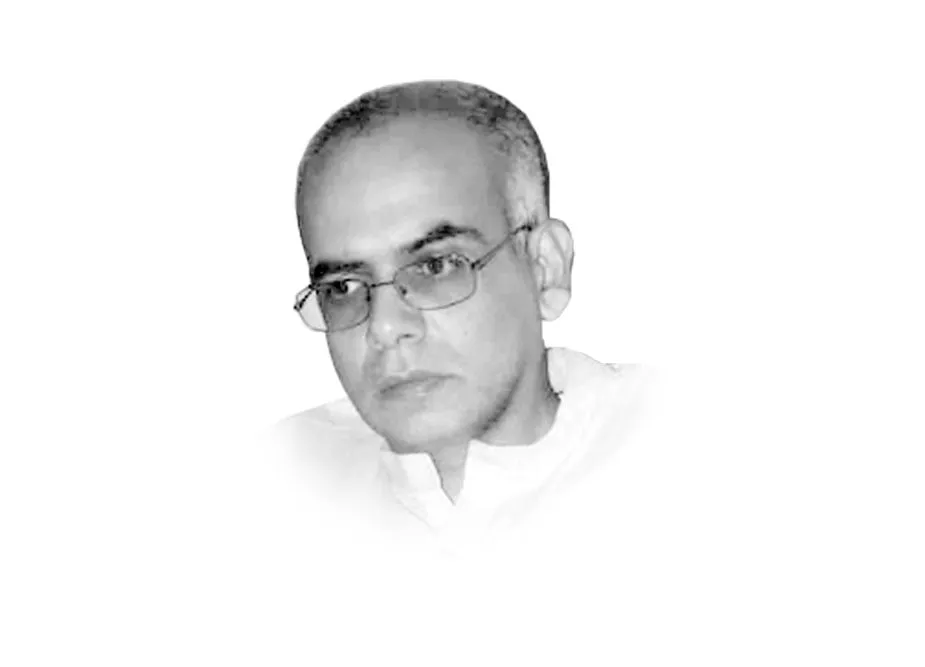Growth versus deprivation
Covid-19 pandemic is estimated to have pushed another 70 million people into extreme poverty during 2020 alone
Despite delivering impressive levels of productivity, which have strained the carrying capacity of Earth itself, it is highly unlikely that the prevailing global economic model will be able to get rid of the scourge of extreme poverty. Even entities which help manage the global political economy, like the World Bank and the IMF, recognise that an end of absolute poverty anytime soon remains unlikely.
A significant proportion of the global population is living in extreme poverty where they lack access to the most basic of human needs such as adequate food, safe drinking water, sanitation, basic health and education facilities. The Covid-19 pandemic is estimated to have pushed another 70 million people into extreme poverty during 2020 alone.
The World Bank in its latest ‘Poverty and Shared Prosperity’ report calls for increased efficiency in terms of allocation of global capital, bolstering macroeconomic stability, reduction in inflation and refocusing on growth of the middle class. Despite the repeated failure of trickle-down theories, the World Bank considers such measures vital to not only boost economic growth but to significantly alleviate poverty as well.
Given that economic growth is still defined as an increase of GDP (or total economic output defined in terms of money) per person within a given country, it glosses over problems like poverty and inequality. Even if wealth increases in poorer countries, the situation for marginalised groups within these countries can simultaneously worsen.
Due to increasing commodification, resources freely available to poorer communities in the past are no longer free, such as safe drinking water. A basic reason for commodification is the undue privatisation of essential social services.
Privatisation of essential services enables those with the means to pay an alternative option to secure good quality services. People with money can easily get good health care in countries where public health services are dismal. The well-off can pay for their children to get quality education even if their country’s public education system is in a shambles. The affluent can even afford to purchase bottled water to meet their household consumption needs, or purchase generators when the electricity is in short supply. The ability of those with reasonable amounts of affluence to acquire essential services via the private sector in turn lessens needed pressure on the public sector to ensure efficiency and provide a decent quality of basic services.
When the families of politicians, bureaucrats, the military and those of entrepreneurs or other well-off people are no longer reliant on the public sector, the public sector often backslides in terms of catering to the needs of the citizenry without experiencing significant backlash.
Privatisation largely ignores the needs of those who lack purchasing power. Despite this basic problem, entities like the World Bank continue to place faith in the ability of market mechanisms to deliver efficient and accessible services, even for those with little ability to pay.
In the quest to lure desperately needed international financing from entities like the World Bank, poor countries continue ceding space to the private sector. The elusive pursuit of economic growth spearheaded by the private sector enables impressive profit-making but this profit-making is often accompanied by the undermining of labour rights, the casualisation of labour, and the lack of adequate social protections for workers.
As a result, most poorer countries continue to exhibit disturbing levels of poverty and inequality, which often coexist with increased prosperity for the local elite and for international corporations willing to take the risk of doing business in uncertain socio-political environments.
Inequality itself is a global phenomenon, which does not spare richer nations either and it is a problem which seems to be worsening. According to Oxfam, nearly two-thirds of new wealth created since the beginning of Covid-19 has landed directly in the pockets of the ultra-rich.
Our world thus does not need regurgitated mantras of ‘shared prosperity’ espoused by powerful international lending agencies, but a more equitable redistribution of existing wealth instead.
Published in The Express Tribune, April 14th, 2023.
Like Opinion & Editorial on Facebook, follow @ETOpEd on Twitter to receive all updates on all our daily pieces.


COMMENTS
Comments are moderated and generally will be posted if they are on-topic and not abusive.
For more information, please see our Comments FAQ